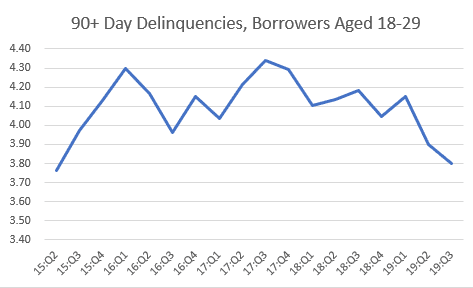A hyper-connected society has come to expect near-instantaneous business transactions. Whether it’s an Amazon purchase, concert tickets or a flight to London, consumers expect a quick, efficient experience. Although auto lending is more complicated than those purchases, lenders can leverage the latest technologies to deliver similar efficiency.
Many lenders have optimized loan application and underwriting processes. However, efficiency meets a roadblock at the funding stage. The digital process reverts to paper — printing, mailing, faxing and ink signatures bog down productivity.
In a competitive auto lending market where consumers have multiple sources of funding, decisioning speed shouldn’t be compromised by an inefficient funding process. Why frustrate a well-qualified applicant who is offered a risk-priced deal with a complicated, protracted funding process?
Lenders can eliminate funding process inefficiency through the use of e-contracts and e-signatures. Using relevant applicant information, loan terms and stipulations or required disclosures, e-contracting produces a digital contract in seconds and sends it electronically to applicants. E-contracts meet the expectations of millennials and market segments of all generations who expect a completely digital consumer experience. Convenience and security contribute significantly to a positive experience, giving consumers:
• Multiple methods to record e-signatures, including typed text, image uploading, voice recording or use of popular signature devices;
• Multiple identity authentication methods, including an email/security code, SMS text PIN delivery and knowledge-based authentication questions; and
• Support for multiple signers and signatures to ensure proper routing, sequencing and capture in the case of co-signers, stipulations or validations.
Lenders benefit from e-contracts and e-signatures, too. Lower processing costs, increased customer satisfaction and efficient document retention are enabled by:
• The ability to review and sign contracts via desktop computer or mobile device, which improves the likelihood of loan capture;
• Ensuring all documents have been properly reviewed and signed, which eliminates delays; and
• Eliminating paper storage costs by securely managing digital documents and records associated with the transaction.
Lenders should take care to avoid undermining success of rapid, consistent-quality lending decisions with an inefficient funding process. E-contracts facilitate a funding process that meets the “on-demand” expectations of today’s consumers and delivers cost savings.
With more than 20 years’ experience in the auto finance industry, Lana Johnson leads the charge to drive innovation as chief client officer at defi SOLUTIONS. defi SOLUTIONS is the Technology Partner of Auto Finance Excellence (AutoFinanceExcellence.org), a sister service of Auto Finance News.
Source link
Financial Solutions

